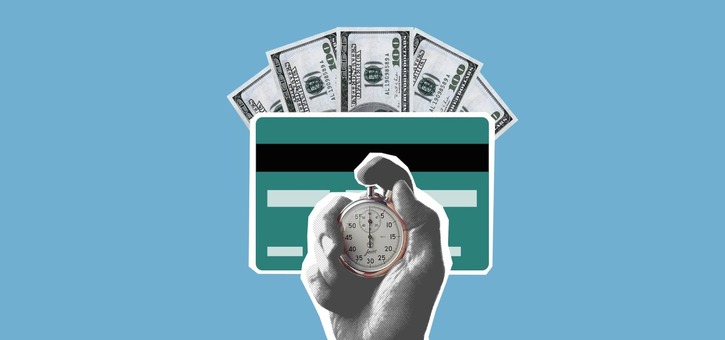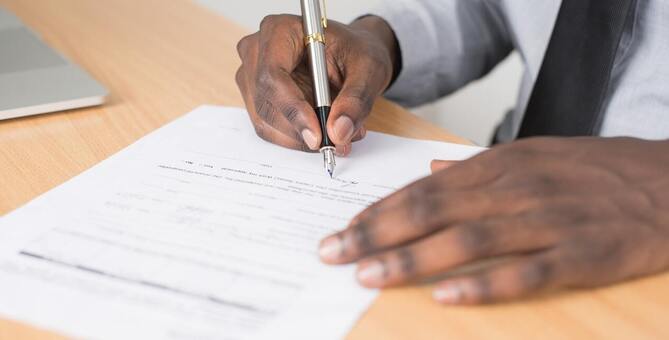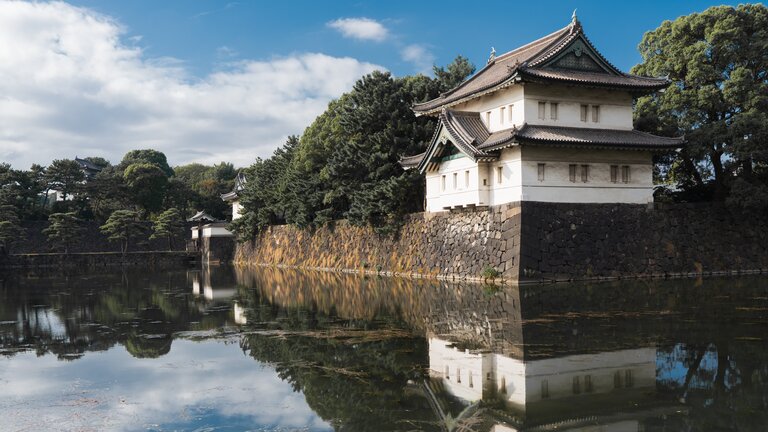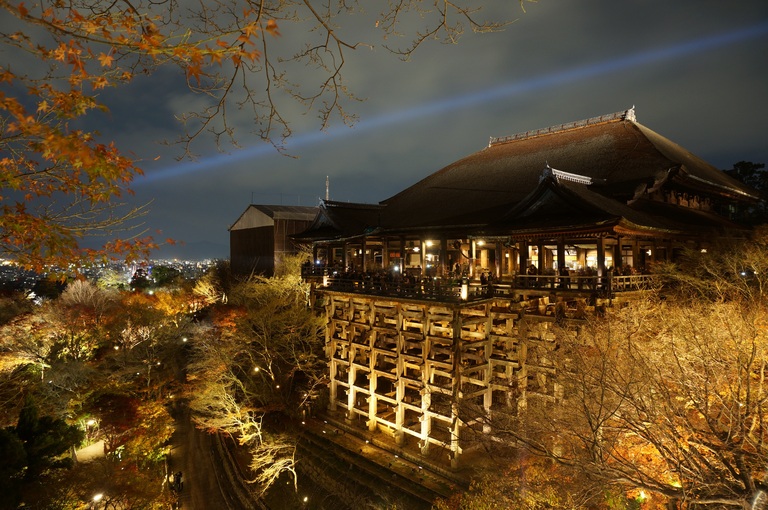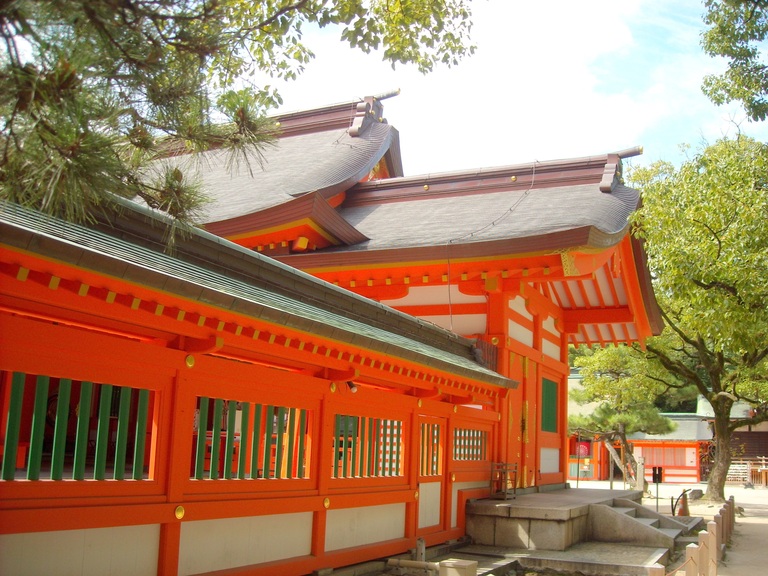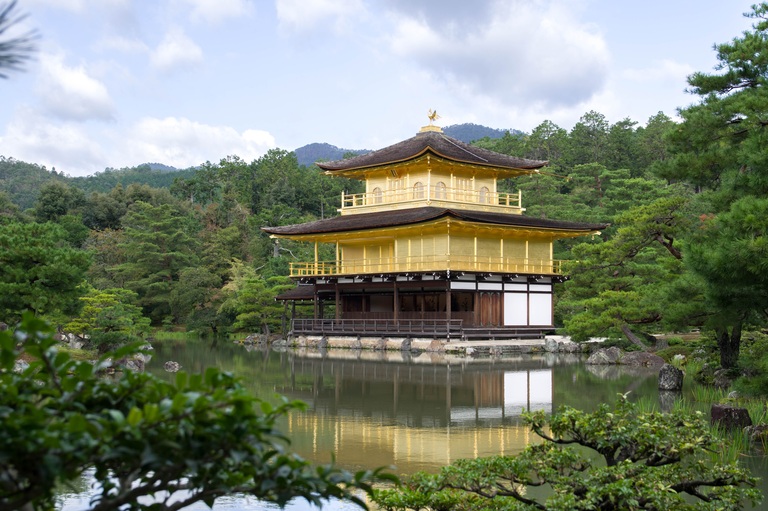Can foreigners buy property in Japan? A complete 2026 guide
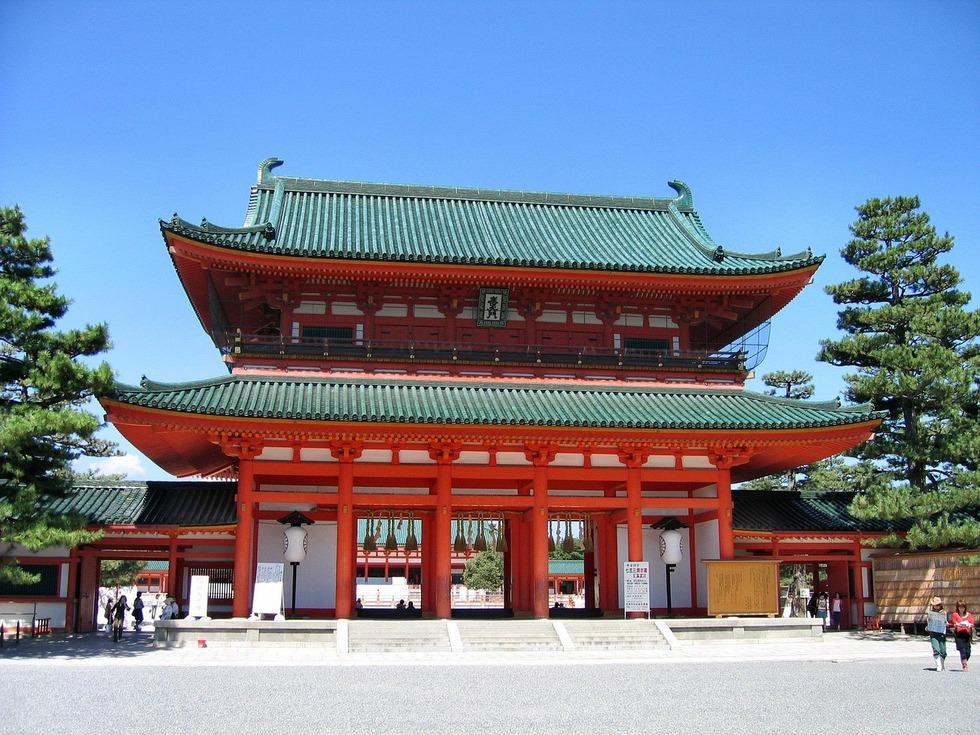
Interest in Japan’s real estate is rising among overseas buyers and US expats – from sleek Tokyo condos to alpine retreats in Hokkaido. If you’re exploring buying property in Japan as a foreigner, the path is straightforward for non-residents, though thoughtful planning and due diligence make all the difference.
This guide explains your legal rights, the step-by-step process, true costs, and practical tips – including what an American buy typically involves.
Can foreigners legally own properties in Japan?
Wondering if the law stands in your way? If you’re a US citizen thinking about buying property in Japan, the legal path is far more open than many expect.
- No passport barrier to ownership – Japanese law allows foreign nationals to purchase real estate without citizenship or residency, meaning you can legally close a deal even if you’ve never lived in the country.
- Right to hold both land and buildings – Unlike in some countries where foreigners can only own the structure, Japan lets you register freehold rights to both the land and any buildings on it.
- Equal treatment in property law – The same rules that apply to Japanese buyers apply to you, from how title is recorded to how it can be sold, inherited, or transferred.
- Freedom to choose property type – Whether it’s a downtown Tokyo condo, a countryside home, or a plot of land to build on, legal restrictions won’t limit your options – only local zoning and usage laws apply.
Japan’s legal framework makes owning real estate remarkably straightforward for foreigners, leaving the real challenge in how you finance, manage, and enjoy your new property.
Types of properties US expats buy in Japan
Condominiums are apartment-style units in larger buildings, where you own your space along with a share of the common areas and land. They often come with security, on-site management, and shared amenities like gyms or gardens. For those buying property in Japan, condos are popular for their convenience and lower maintenance compared to standalone homes.
Detached houses give you full ownership of both the building and the land it stands on, offering more privacy and control. They can range from modern city builds to traditional wooden homes in quieter suburbs. In the world of Japanese real estate, houses suit buyers who value space, customization, and long-term stability.
Buying land allows you to design and construct exactly what you want, but it comes with zoning rules and building regulations. Freehold ownership gives you perpetual rights, while leasehold means you own the building but rent the land for a set term.
Purchasing a property in Japan – step-by-step process
Buying a home in Japan is a well-paced process with clear steps from your first viewing to unlocking the door. The mix of tradition, precision, and paperwork means every stage has its purpose. With the right guidance, expats can move smoothly from curiosity to owning their dream place.
Step 1: A bilingual team keeps you informed at every turn – from translating listings to walking you through the legally required Explanation of Important Matters. Ask how they handle cross-border buyers, remote signings, and escrow-style fund flows. Example: your agent prepares a side-by-side English summary of building bylaws and highlights pet rules, renovation limits, and any short-term rental restrictions so expats avoid surprises.
Step 2: Tour the building and the block – time the walk to the station, check daytime noise, and note convenience stores, parks, and clinics. Compare monthly management fees and repair reserve contributions across similar buildings. Example: two 2LDKs look identical, but one has an upcoming façade project – your total carry costs diverge by ¥15,000 a month.
Step 3: Pre-approval clarifies price limits, signals seriousness, and prevents last-minute underwriting delays. Salaried buyers in Japan may qualify for long fixed-rate products, while overseas income often means larger down payments or different lenders.
Step 4: State price, target closing date, and key conditions – financing, inspection, or document review. A clean, credible offer with proof of funds earns trust and speeds acceptance. For instance, waive a cosmetic-only contingency but keep a clear title and HOA-document review period, balancing speed with safety.
Step 5: Before you sign, the licensed agent must explain legal and property specifics – boundaries, easements, management rules, and known defects. Confirm inclusions (AC units, light fixtures), key dates, and any penalty rules for delays.
Step 6: Deposits are commonly 5–10% – treat this as commitment capital backed by facts. Read HOA minutes, long-term repair plans, and arrears rates; verify the registry for liens, leasehold terms, and any monitored-area flags. A 1999 building may look fine, but minutes reveal elevator replacement next year – you adjust the price to reflect a likely special assessment.
Step 7: Submit income proofs, bank statements, and property documents the lender requests; arrange valuation and insurance. Some lenders require group credit life coverage – clarify terms early. Example: overseas bonuses are paid in USD – you provide two years of statements and a CPA letter to satisfy underwriting, then lock terms before rate changes.
Step 8: On closing day, the scrivener verifies identity, confirms funds, and files registration at the Legal Affairs Bureau. You settle the balance, receive keys, and set utility transfers – water, power, and internet.
Step 9: Budget for one-time registration and acquisition items and keep proofs for both Japan and US returns. Current registration and license tax benchmarks to know: land transfer 1.5% through Mar 31, 2026 – then 2.0%; building transfer 2.0% – reduced to 0.3% if qualifying; new-build ownership preservation 0.4% – 0.15% if reduced; mortgage registration 0.4% – 0.1% if reduced.
NOTE! After closing, expect annual fixed-asset tax and, where applicable, city planning tax – appoint a local tax agent if you live abroad so bills don’t go missing. For American owners, report rental activity on Schedule E, depreciate foreign residential property under ADS, and use the foreign tax credit.

The true cost of buying a home in Japan
If you aim to purchase property in Japan as a foreigner, this quick table keeps surprises to a minimum.
| Cost item | Typical rate/amount | When it’s charged |
|---|---|---|
| Real estate agent commission | 3% of price + ¥60,000, then +10% consumption tax | At the contract stage and closing |
| Judicial scrivener | ≈ ¥50,000–¥150,000 | At closing |
| Stamp duty on the sales contract | Reduced rates through Mar 31, 2027: e.g., ¥10,000 (<¥50M), ¥30,000 (¥50–100M), ¥60,000 (¥100–500M) | On signing the purchase contract |
| Registration & license tax | Land 1.5%, building 2.0% (0.3%), new-build 0.4% (0.15%), mortgage 0.4% (0.1%). | At registration (closing) |
| Property acquisition tax | Generally, 3% of assessed value for residential property – reduced window runs to Mar 31, 2027 (standard 4%) | Billed 3 –12 months after purchase |
| Insurance & condo reserve fund | Fire insurance premium varies by size/term; for example, ¥800,000. Pro-rata management and repair reserve collected at settlement, then monthly ongoing. | At loan signing/closing and monthly thereafter |
These figures are standard across Japan’s real estate closings, but your actual bill hinges on assessed values and whether your home qualifies for the current reductions.

Taxes to note after buying a property in Japan
Just closed on a property in Japan? Here’s the quick, plain-English look at the taxes that kick in after the keys change hands what they are, when they’re due, and how they hit your bottom line.
Your annual bills: fixed asset and city planning taxes
You’ll pay the same local real estate taxes as a foreigner that residents do; they’re assessed by the city/ward where the home sits and billed to the owner of record on January 1 each year. Rates are standardized: fixed asset tax at 1.4% of assessed value and city planning tax up to 0.3% in designated planning zones.
- Who’s on the hook: The person listed as owner on January 1 owes the bill for that entire year, even if you sell in March. (Cities send you payment slips; many allow four installments.)
- Where the rates apply: City planning tax only applies inside city-planning areas; outside them, you’ll only see fixed asset tax.
- How values are set: Municipal assessed values are typically below market price and are re-evaluated every three years, so your bill can rise or fall with the next cycle.
Selling later? How capital gains are taxed
If you sell within five years, short-term gains are taxed at 39.63% hold more than five years, long-term gains are 20.315% Japan measures the holding period up to January 1 of the sale year.
For expats who are non-residents when they sell their real estate property, local inhabitant tax generally doesn’t apply, and a 10.21% withholding can be required at closing; you reconcile the final tax on your return.
You’re taxed on net gain after allowable costs (purchase price, certain fees, and selling expenses). In some cases, a primary-residence sale can qualify for Japan’s ¥30 million special deduction and other reliefs if you meet the requirements.
NOTE! If you’re a US expat buying property in Japan, you still need to report the asset, any rental income, and capital gains on your US tax return. You get an automatic filing extension to June 16, 2025, with our free tax extension service through October 15 or December 15, but taxes owed remain due April 15.
Also read. Taxes in Japan: Guide for US expats
Documents every foreign buyer will need
For expats planning to buy a house in Japan, the paperwork is straightforward as long as you prep the right IDs and certifications in advance. Here’s what real estate agents, lenders, and the registry typically ask for when you purchase property in Japan, plus the exact forms they mean.
-
Passport primary ID for the transaction
Present a valid passport for all signing and registration steps. If you’re a foreigner purchasing from overseas, you’ll often also be asked for an affidavit verifying your address and signature, notarized in your home country or at your embassy/consulate in Japan. -
Residence card if you live in Japan
The residence card is the official ID for non-Japanese residents staying 3+ months. It’s not required to buy property if you’re a non-resident, but mortgage lenders typically ask for it alongside your passport. -
Certificate of seal impression or signature certificate to prove your execution of documents
Bring a Certificate of Seal Impression (issued within 3 months) or a Signature Certificate from a Japanese consulate or notary, which has no 3-month limit. -
Proof of income (for loan applicants) to satisfy the bank and Flat 35 tests
Lenders typically ask for 23 years of income proof (e.g., Gensen-Chsh-Hy, tax returns, bank statements). For Flat 35 and most loans, debt-to-income caps are 30% (under ¥4M) or 35% (¥4M+); loans over 90% LTV face stricter review.
These basics will carry you from offer to closing on a property in Japan and keep your lender’s underwriting smooth.
Financing options for expats buying property
Mortgages are available to many foreign buyers in Japan – though the terms can vary widely depending on your situation. For those who qualify, borrowing can make it far easier to secure property in Japan without tying up all of your cash.
Banks offering financing to foreign buyers
A range of lenders caters to a foreigner seeking to buy a house in Japan, from international-friendly banks to those requiring deep local ties. Understanding who lends and on what terms will help you focus your search and avoid wasted applications.
- SMBC Trust Bank PRESTIA – Offers loans to non-Japanese residents without PR, usually requiring Japan residency and annual income of at least ¥5m for home loans or ¥7m for investment loans.
- Suruga Bank – Provides a dedicated plan for non-Japanese residents, often seeking income of ¥4m or more and at least one year of employment.
- Shinsei Investment & Finance – Extends property loans to mid- or long-term residence-card holders in Japan for residential or investment purposes.
- Flat 35 via partner banks – Long-term fixed-rate loans backed by the Japan Housing Finance Agency, typically for owner-occupied homes.
- Megabanks and regional lenders – Often prefer PR holders or applicants with a Japanese spouse and several years of local employment.
Securing a mortgage for your real estate involves meeting more than just the right lender profile – banks will look closely at your personal and financial stability before approving your loan. This is where the following factors can make all the difference.
- Visa or residency status is usually expected to be long-term or stable;
- Down payment requirements range from about 10% to 28% depending on profile;
- Income proof is typically required in the form of tax certificates and employer statements.
Currency transfer and legal obligations
Moving funds to Japan for a home purchase is simple – but a few reporting rules kick in at higher amounts. Here’s the shortest path to staying compliant while wiring money from overseas.
How should you send funds from abroad?
Banks and licensed transfer providers are your safest bet, combining compliance with competitive rates. Always match the sender’s name to the buyer’s name on the contract to avoid holdups, and be ready for ID and source-of-funds checks under Japan’s AML framework. Currency conversion can happen before or after the transfer – choose the route with the better spread and lower fees.
What does FEFTA require for big transfers?
If your cross-border payment to or from a non-resident exceeds ¥30 million, it falls under the Foreign Exchange and Foreign Trade Act (FEFTA). This triggers:
- Who files and when: Typically, your bank submits the Payment Report within 10 days of the transaction.
- The form: “Report on Payment or Receipt of Payment” – Form 3 to the Minister of Finance via the Bank of Japan, listing the amount, counterparty, and a Balance-of-Payments code.
- Exemptions: Routine goods imports processed through Customs are not subject to this report.
How are large transactions reported in practice?
Cash over ¥1,000,000 carried into or out of Japan must be declared at Customs using the “Declaration of Carrying of Means of Payment.” At banks, cash dealings over ¥2,000,000 or cash remittances above ¥100,000 require identity verification – and suspicious cases are reported under Japan’s AML rules.
Best places to purchase property in Japan
Choosing a city is a strategy call – price, yield, and lifestyle vary widely. Here’s a quick, fact-driven snapshot for expats weighing which real estate property to buy next.
Tokyo
New-build prices are at records, with Greater Tokyo averaging about ¥81.35m and the 23 wards around ¥116.3m in the year to March 2025. Supply has been tight, helping prices stay firm. Expect intense competition for prime, transit-rich neighborhoods.
Tokyo, Japan. PIXABAY
For investors, yields in Tokyo average 3.4% gross, lower than in regional cities. Short-term rentals face strict ward rules – e.g., Shinjuku allows only Fri–Mon in residential zones – so long-term leasing is the safer base case. Liquidity, global employers, and bilingual services remain strong pluses.
Osaka
Osaka blends big-city energy with (still) better value than Tokyo. Redevelopment around Umekita/Grand Green Osaka is reshaping Umeda and boosting demand.
Osaka, Japan. PIXABAY
- Prices surged – the 2024 average condo hit ¥61.26m (+45.7% YoY), and ¥1.2m/m citywide for new builds.
- Yields average 4.5% gross, with pockets above 5% in outer wards.
- Naniwasuji Line is scheduled for spring 2031, improving airport–Umeda–Namba links and tenant catchments.
- Large-scale projects, strong rental demand near Osaka/Umeda; family-friendly amenities for an American relocation.
- Expo 2025 runs from April–October on Yumeshima with 28m expected visitors – a short-term lift for hospitality and retail.
Minpaku is possible but regulated – stick to long-term leases near Umeda, Honmachi, or Nakanoshima if you want fewer compliance frictions as an American buyer.
Fukuoka
Fukuoka pairs livability with solid fundamentals for long-term holds. The city leans pro-business – Japan’s first Startup Visa launched here and continues under the special-zone framework. Redevelopment around Tenjin and Hakata keeps the core attractive for employees and tenants.
Fukuoka, Japan. PIXABAY
Investors like the math: 4.2% gross yields on average, with small units often near 5%–6%. Note the 2024 18% drop in new-condo sales as costs rose – price discipline helps. Day-to-day, it’s compact, well-connected, and easier to manage remotely than Tokyo.
Kyoto
Kyoto’s beauty and tourism underpin demand, especially for renovated machiya and boutique assets. But STR rules are the toughest in Japan.
Kyoto, Japan. PIXABAY
- In residential zones, minpaku typically operates Jan 15 – Mar 15 only; alternatives include ryokan/special licenses for year-round use.
- The city approved a lodging-tax hike in Mar 2025 to as high as ¥10,000 per night from Mar 1, 2026 – heavier carry for STR models.
- For steady cash flow, target long-term tenants near transit in Nakagyo or Sakyo and skip minpaku unless fully licensed. If your aim is to purchase a real estate in Japan for short-let income, validate ward-level approvals first.
- City of Kyoto new-condo average ¥56.1m in 2024 (-1.9% YoY) – selective buying and rehab value add can still pencil. Machiya comes with preservation duties; Kyoto runs renovation subsidies and requires notifications before demolition – plan capex and timelines.
Ready to make Japan your next property move?
Owning property in Japan offers both lifestyle and investment rewards – but balancing Japanese regulations with US tax rules can quickly become complex. From acquisition taxes to reporting your overseas real estate, having a trusted partner makes every step smoother.
Our specialists at Taxes for Expats handle the intricacies, ensure full US compliance for American expats, and help you optimize your tax position while enjoying your home or investment in Japan.


